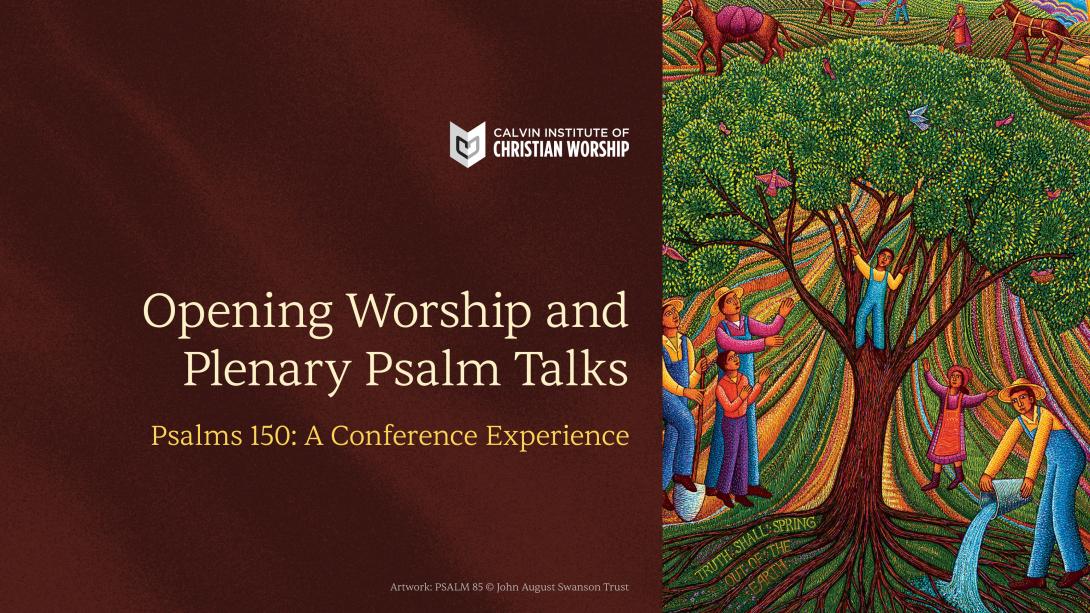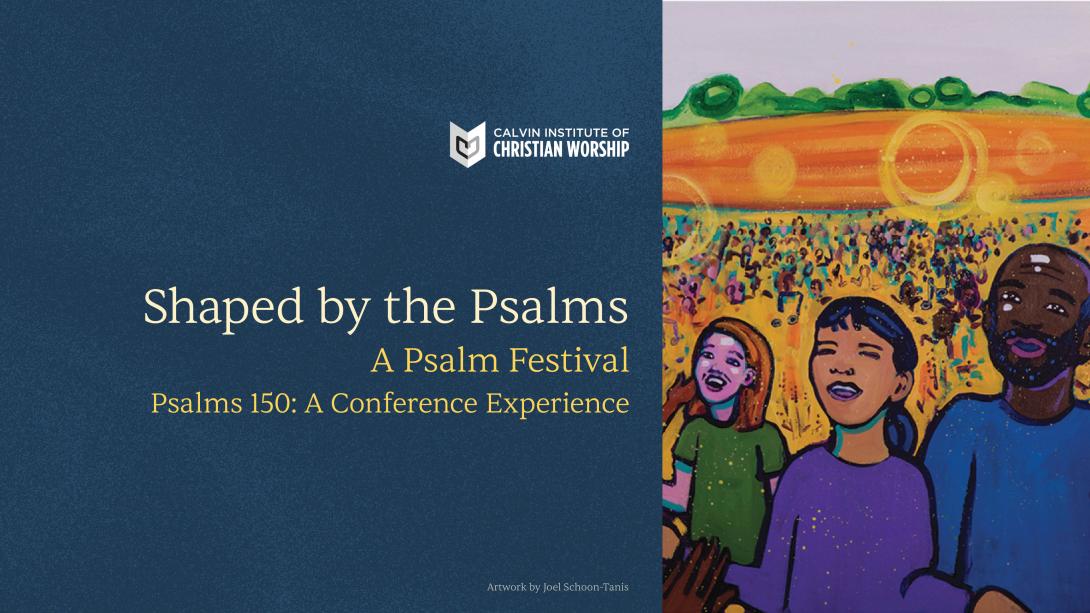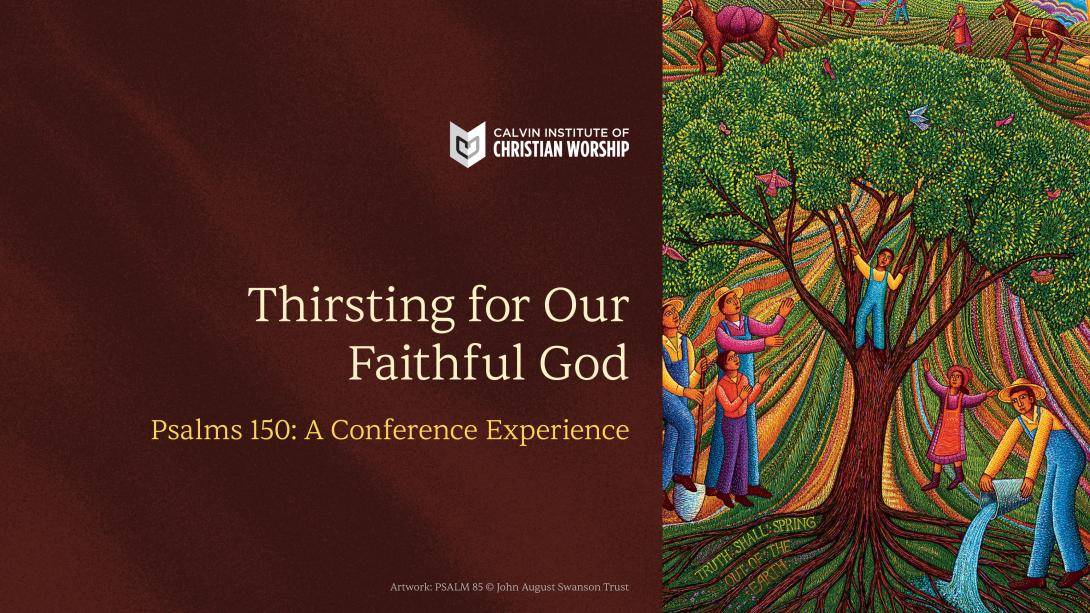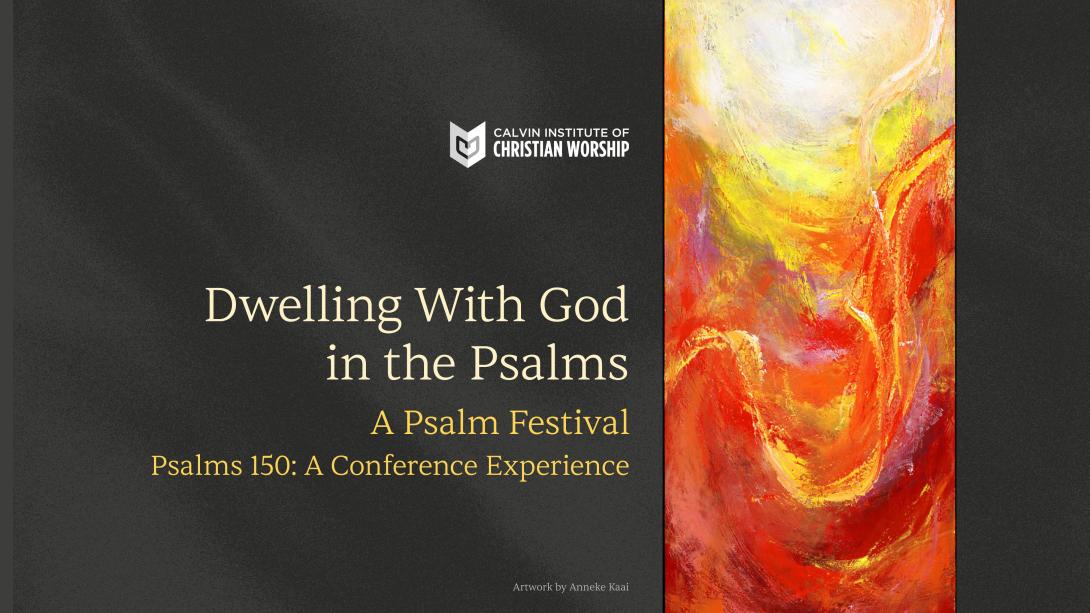Psalm 42, Psalm 43
How does this psalm piece interpret the psalm?
Though this song was written pre-COVID, the psalm’s recognition of the pain felt both from being separate from the close fellowship of gathered worship and also from the breaking sorrows that surround us seems all too relevant in our current moment. Likewise, the psalmist’s pattern of answering each wave of despair by speaking truth and hope to his soul is intentionally reflected in the chorus.
This song could work as a lament, but a stronger use would be to help move a congregation from a season or moment lament to praise. Given the specific subject matter, it could be especially useful in helping those processing the chronic grief of being necessarily separate from in-person corporate worship.
Text and Music: Psalms 42–43; Travis Ham, © 2016 Travis Ham
Used by permission.
Contact: Travis Ham, travis@bcbc.org





